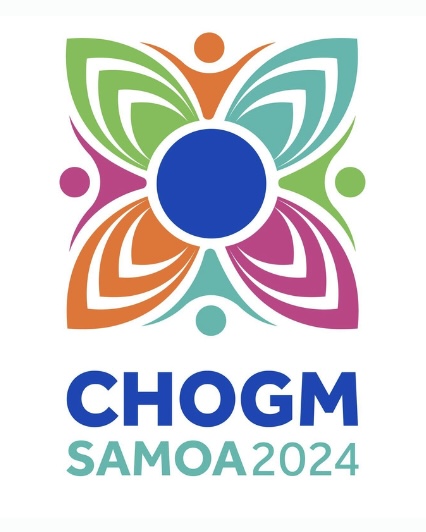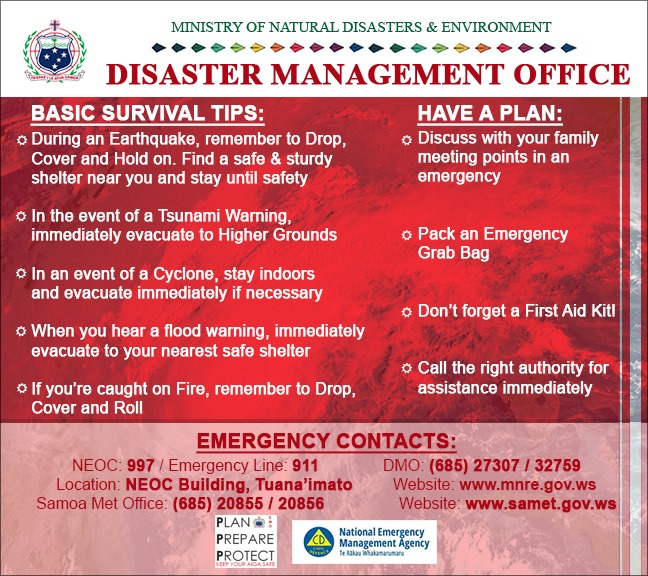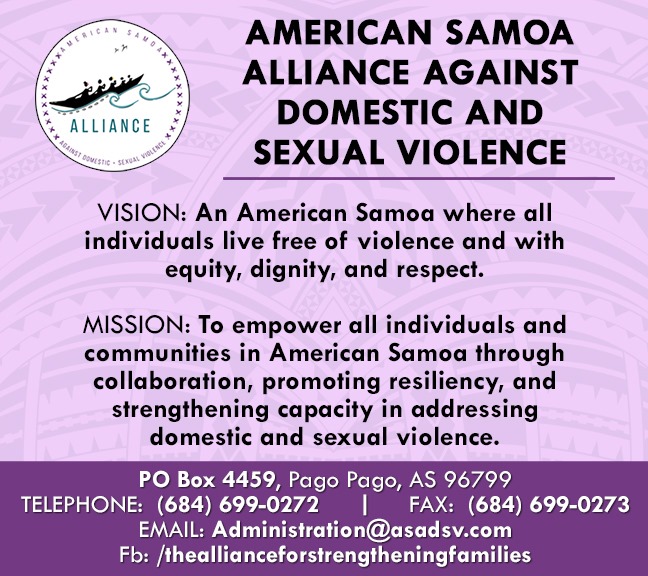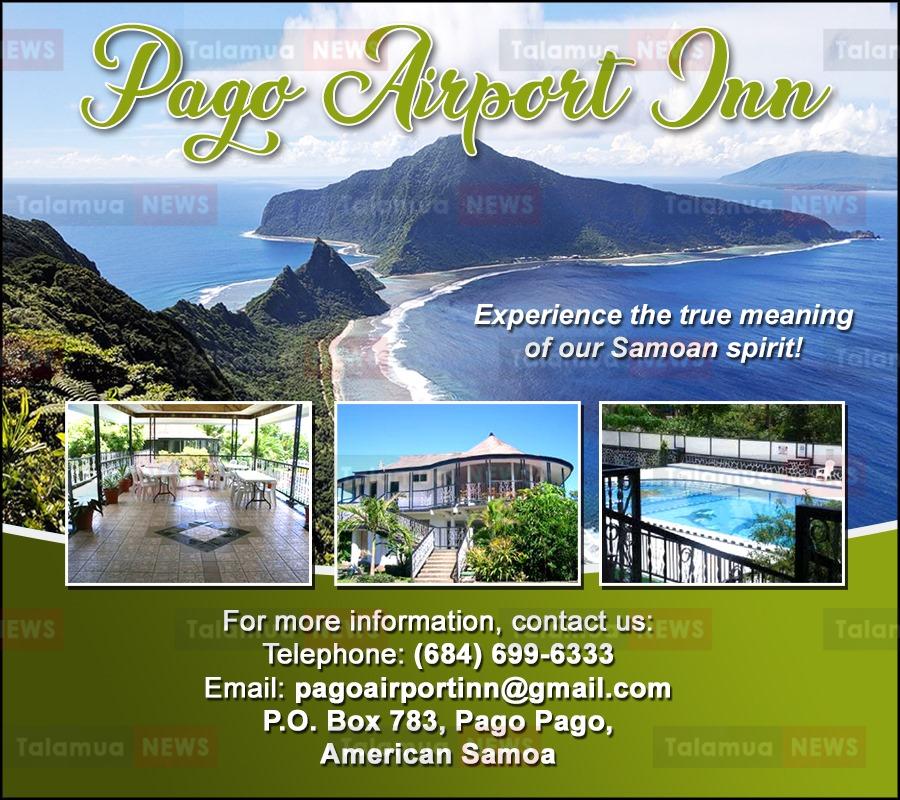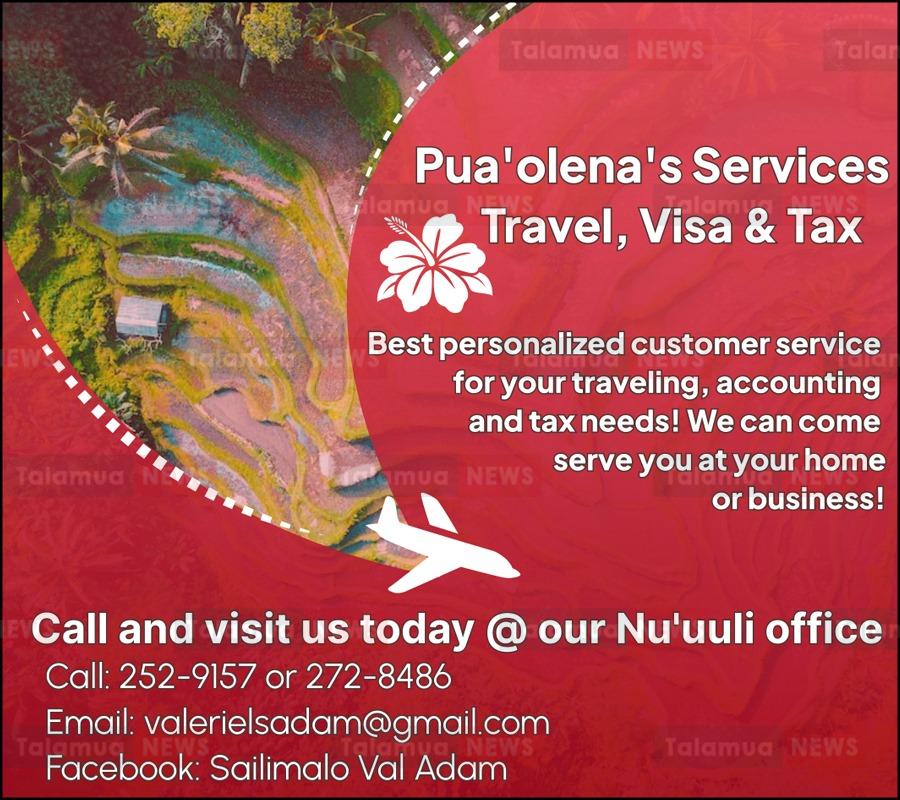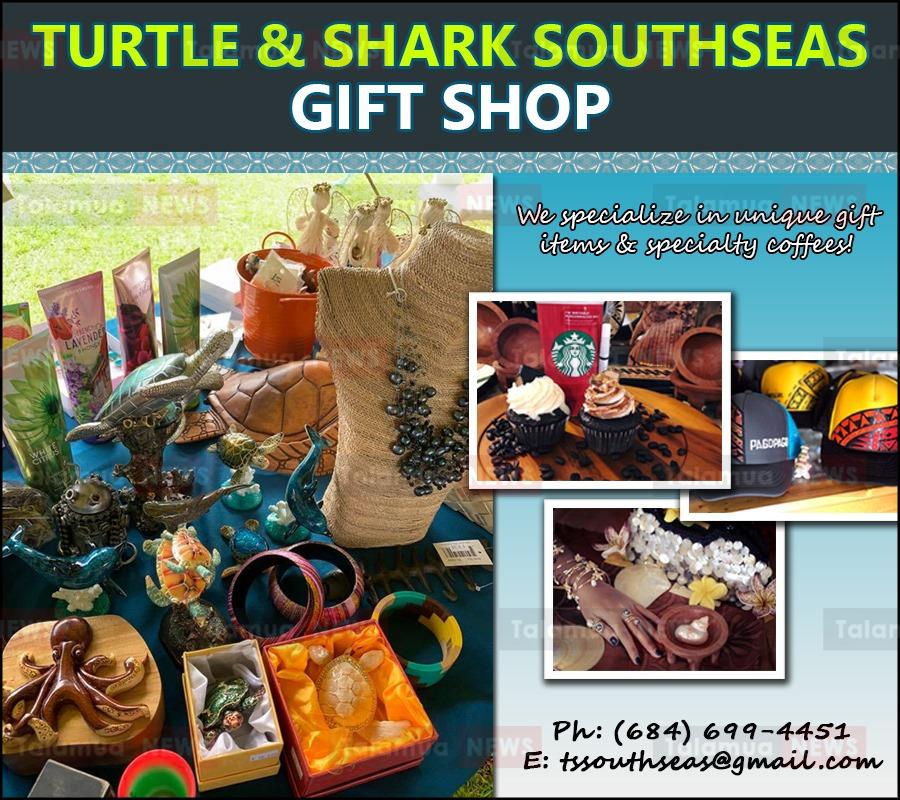Community
WIBDI revives weaving of the Samoan fine mats
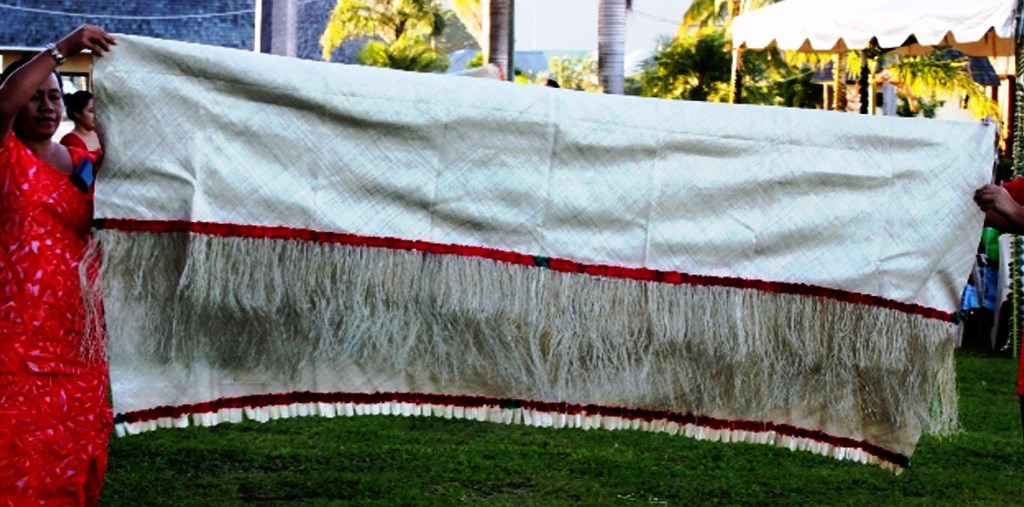
Weaving Dreams: How WIBDI is reviving the art of weaving the Samoan fine mats and empowering women, including those with disabilities, to weave their own futures
Fine mat weaving is intrinsic to Samoan culture.
A measina, or cultural treasure, the art of weaving fine mats was in danger of disappearing due to modernisation, commercialisation and the cash economy.
On this International Women’s Day, we highlight the important work of organisations such as WIBDI that supports the economic empowerment of women, working together with women in communities to preserve this measina while also providing them with the opportunity to generate an income.
With the desire to preserve the traditional practice of weaving and to support Samoan women, Women in Business Development (WIBDI) developed its fine mats program which partners with women in communities to not only preserve this artwork, but to ensure it can be sustained by providing women with financial support.
Australia, along with other development partners, recognise the importance of this program to lifting women’s social and economic wellbeing and are working together with WIBDI to deliver this inclusive initiative. While development partners provide WIBDI with support to facilitate the program, WIBDI in turn finds sponsors to connect with the weavers.
WIBDI facilitates contracts between sponsors and weavers that takes into account weavers cultural and family obligations. Under these contracts, the weavers receive a wage over the course of the year, rather than on the completion of the fine mat. In addition, weavers are provided with basic lessons in financial literacy as well as supported with opening their own bank accounts. The team at WIBDI says that under the program, some weavers have had their fine mats sponsored for over 10 years.

Three women weavers share the load in completing a contracted fine mat.
Every two weeks, WIBDI sends field teams across Samoa to connect with local weavers to inspect their progress, traditionally measuring the woven fine mats by hand span and recording the increases in length. Based on their progress, the initiative pays producers on behalf of the sponsors.
For women with disabilities like Elu Taei from Tapuelele, fine mat weaving has been a source of confidence and financial independence.“I have completed and sold four mats, which helped me build our fale. I’m now onto my fifth mat,” she says.
WIBDI field team members Marie Enosa and Melissa Leota work closely with weavers including women with disabilities. Marie, who does not have a disability but knows sign language, and Melissa, who is hard of hearing, have worked together to bridge the gap between WIBDI and the women with disabilities to ensure they can also take part in the program.
Melissa’s work is informed by her own experiences where she struggled to understand and communicate with other people. “Disability should not be a barrier to opportunities. Everyone deserves the chance to pursue their passions and contribute their talents to the world,” says Melissa.
Marie was inspired to learn sign language while she was a teacher’s aid with SENESE. She saw the barriers that children with disabilities often faced to engaging effectively with their communities and wanted to learn sign language to be able to communicate with them.
“Sign language is a small but meaningful way to connect with our people with disabilities, particularly those who are hard of hearing, and that’s why I was passionate to learn and become a sign language interpreter,” says Marie.
Marie and Melissa were part of the WIBDI team that recently facilitated a weaving training session in Savai’i specifically for women with disabilities. This forms an important part of WIBDI’s efforts, their unwavering commitment to building an inclusive work environment that promotes career pathways for people with disabilities.
As we mark International Women’s Day, we recognise the important work that organisations such as WIBD, ensuring all have an opportunity to thrive. Australia is pleased to support this important work through the Australia Volunteers Program and its Tautua Partnership with the Government of Samoa.







